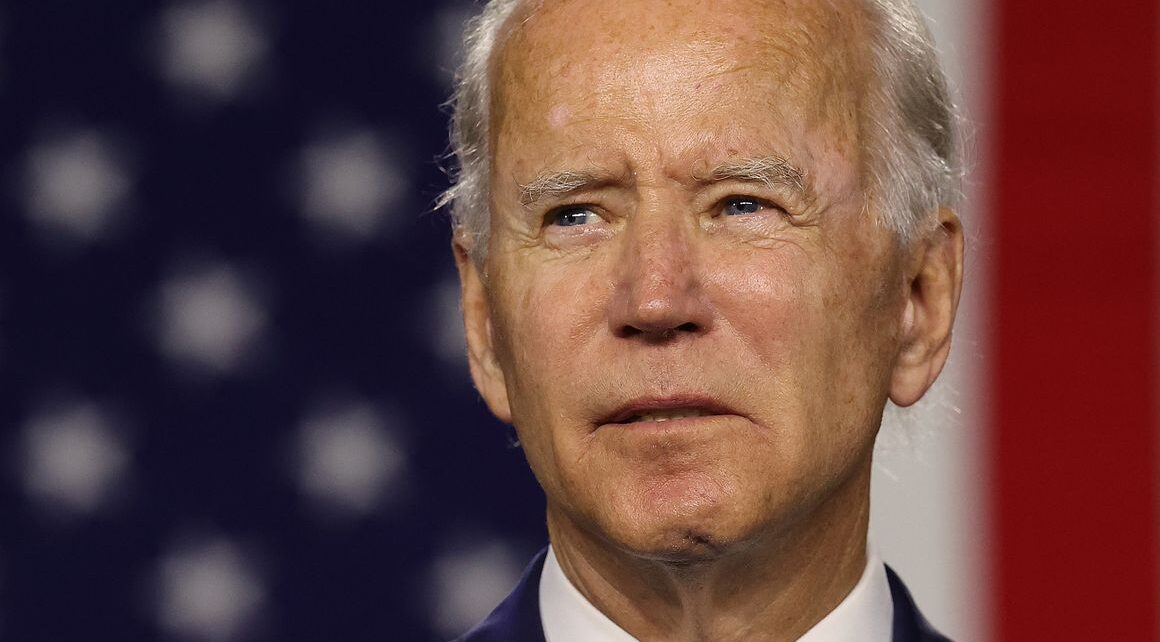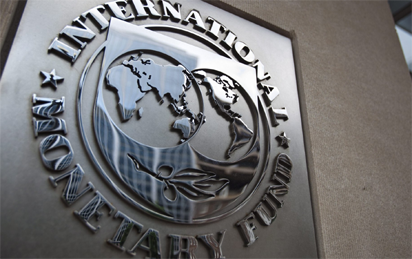President Joe Biden’s campaign promise to crack down on tax-evading multinationals and recent call for a global minimum corporate tax rate has continued to elicit reactions from major players in the global economic space as some fear that President Biden’s plan may hinder developing economies’ Covid-19 recovery.
The President had in April, as part of his Made in America Tax Plan, announced proposals to make multinationals, especially tech giants such as Google, Amazon, Facebook and Apple, which currently employ a range of techniques to minimise their tax bills, to pay more tax, both in the US and in other countries where they generate profits.
One such technique is profit-shifting, which involves profits being declared, not in the countries where they are accrued, but in countries with low corporate tax rates, such as Ireland, or tax havens such as Bermuda, the Cayman Islands or Singapore.
The Biden administration’s plan seeks to establish a global minimum corporate tax rate of 21% with a view to eliminating incentives to offshore investment and curb the so-called race to the bottom, where countries compete for multinationals’ business by reducing corporate tax rates.
As part of the administration’s moves to implement the proposed fiscal plan , the US Department of the Treasury released documents reflecting that “more US profits are housed in tiny tax havens than in the major economies of China, India, Japan, France, Canada and Germany combined”.
In furtherance of its over four years discussions among 140 countries for the establishment of a global tax rate, the OECD, apparently not in total support of the US’ option, has renewed its campaign for a more acceptable global tax rate
For instance, the OECD’s director for tax policy, Pascal Saint-Amans, while speaking at a conference recently, said that negotiations were now “too big to fail”, and that a deal would likely come this year.
The OECD’s plan has continued to garner widespread support from many richer nations as the the UK, which launched its own Digital Services Tax last year, said it “strongly supports G7, G20 and OECD discussions on long-term reform” and is “committed to dis-applying the Digital Services Tax once an appropriate international solution is in place”.
Despite its alluring benefits, the OECD’s proposed plan for a global minimal rate, if adopted by the member-countries and others may, however, not go well with countries such as Ireland. Over the past few years, Ireland has incentivized multinationals with its 12.5% corporate tax rate as against the 19% in the UK, 30% in Germany and 26.5% in Canada.
This has encouraged many big tech companies to establish bases in the country.
Commenting last month on the debate, Ireland’s Minister of Finance, Paschal Donohoe, said he believed that smaller countries “need to be able to use tax policy as a legitimate lever to compensate for the real, material and persistent advantage enjoyed by larger countries”.
A news report by Financial Times recently indicated that many developing economies, including Nigeria, Ghana, Angola, Kenya, fear that the eventual OECD agreement will not be in their best interests.
The newspaper quoted the policy and advocacy manager at the European Network on Debt and Development , Tove Maria Ryding, as saying that “The world’s poorest countries are once again at risk of losing out when the global tax pie gets divided, despite the fact that they are more in need of tax income than anyone else”.
This is even as the UN Tax Committee has initiated a similar but more flexible fiscal plan, focusing specifically on digital companies in parallel to the OECD-led initiative.
For instance, in April the committee voted to include a provision – Article 12B – largely supported by India and Argentina, and backed by various emerging nations, among them Ecuador, Ghana, Nigeria and Vietnam, in the UN’s 2021 Model Tax Convention, which grants additional taxation rights to countries where digital services are provided and revenue is generated.
While the article, which has been welcomed by many developing nations, is non-binding, where implemented it will enable developing economies to capture more value from tech giants’ operations in their countries.
The UN’s position on the ongoing minimum global tax rate for corporate entities, demonstrates the growing consensus around addressing global tax avoidance challenge taking into consideration the economic needs of developing nations, particularly at a time when tax revenue has a crucial role to play in their post COVID-19 recovery efforts.




